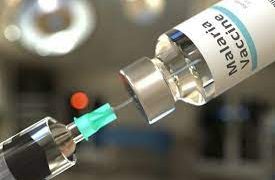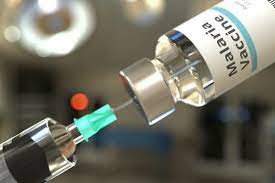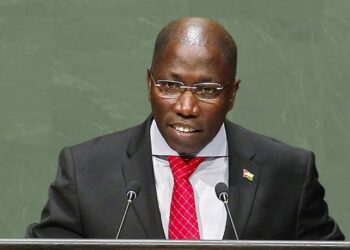By Ebi Kesiena
Amid a growing cholera crisis, African leaders are calling for urgent investment in local vaccine production to reduce dependency on imports and improve the continent’s response to health emergencies.
At a virtual emergency summit organised by the Africa Centres for Disease Control and Prevention (Africa CDC), heads of state from Angola, Zambia, Namibia, Malawi, and the Democratic Republic of Congo underscored the need for Africa to strengthen its health manufacturing capacity. The summit focused on the rising threat of cholera, which has gripped multiple countries across the continent.
According to the World Health Organization (WHO), Africa accounts for two-thirds of all cholera cases reported globally in 2025, and a staggering 99 percent of cholera-related deaths. WHO Director-General Tedros Ghebreyesus warned that cholera is not just a health issue but a symptom of deeper systemic challenges. “Cholera must be addressed at its root,” he said, citing failures in water access, sanitation, health services, and governance.
Ghebreyesus also stressed the importance of timely detection and more efficient vaccination campaigns to maximise the use of existing vaccine supplies.
The Africa CDC noted that over 90 percent of the continent’s vaccines, medications, diagnostic tests, and other essential health tools are imported. This overreliance makes African nations highly vulnerable to global supply chain disruptions, trade conflicts, and logistical challenges during health emergencies.
The situation is most severe in countries such as Sudan, South Sudan, the DRC, and Angola, which have reported the highest numbers of cholera cases this year. The disease, caused by contaminated water, leads to acute diarrhoea and dehydration, and can be fatal within hours if left untreated.
The summit, however, concluded with a unified call for Africa to take greater control of its health future through investment in domestic vaccine and medical production.




































